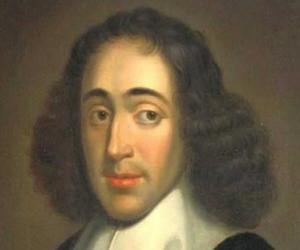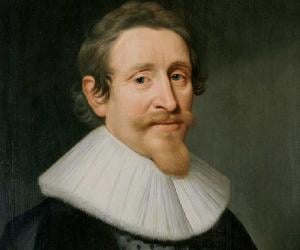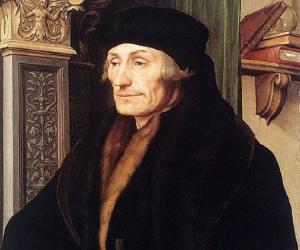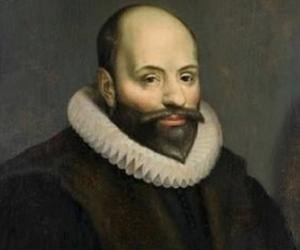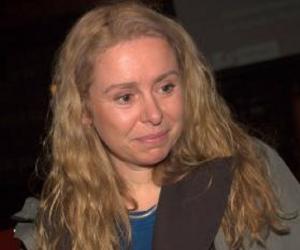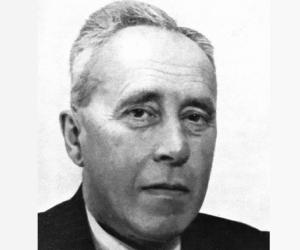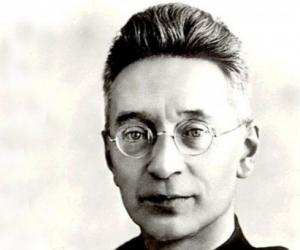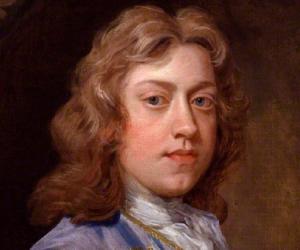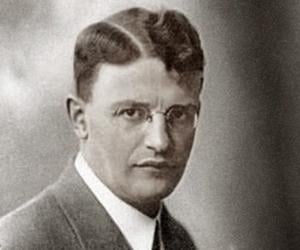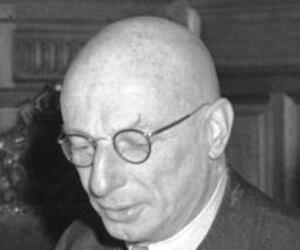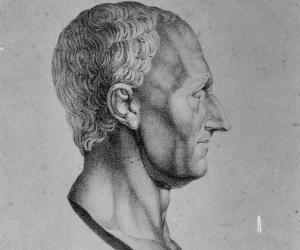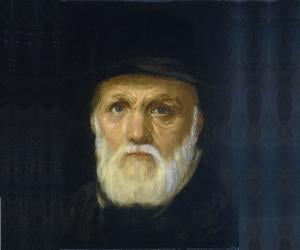1
Baruch Spinoza
(One of the Most Important Philosophers of the Early Modern Period)
Birthdate: November 24, 1632
Sun Sign: Sagittarius
Birthplace: Amsterdam, Netherlands
Died: February 21, 1677
Baruch (de) Spinoza, a philosopher of Portuguese-Jewish origin, significantly impacted modern biblical criticism, rationalism, and Dutch intellectual culture during the Age of Enlightenment. Influenced by Stoicism, Thomas Hobbes, and René Descartes, Spinoza became a leading philosopher of the Dutch Golden Age. He challenged rabbinic authority, was expelled from the Jewish community, and focused on philosophical inquiry and lens grinding. Spinoza's published works, notably the Tractatus Theologico-Politicus and Ethics, questioned traditional beliefs, advocated for individual liberty, and established him as a key figure in Western thought.
